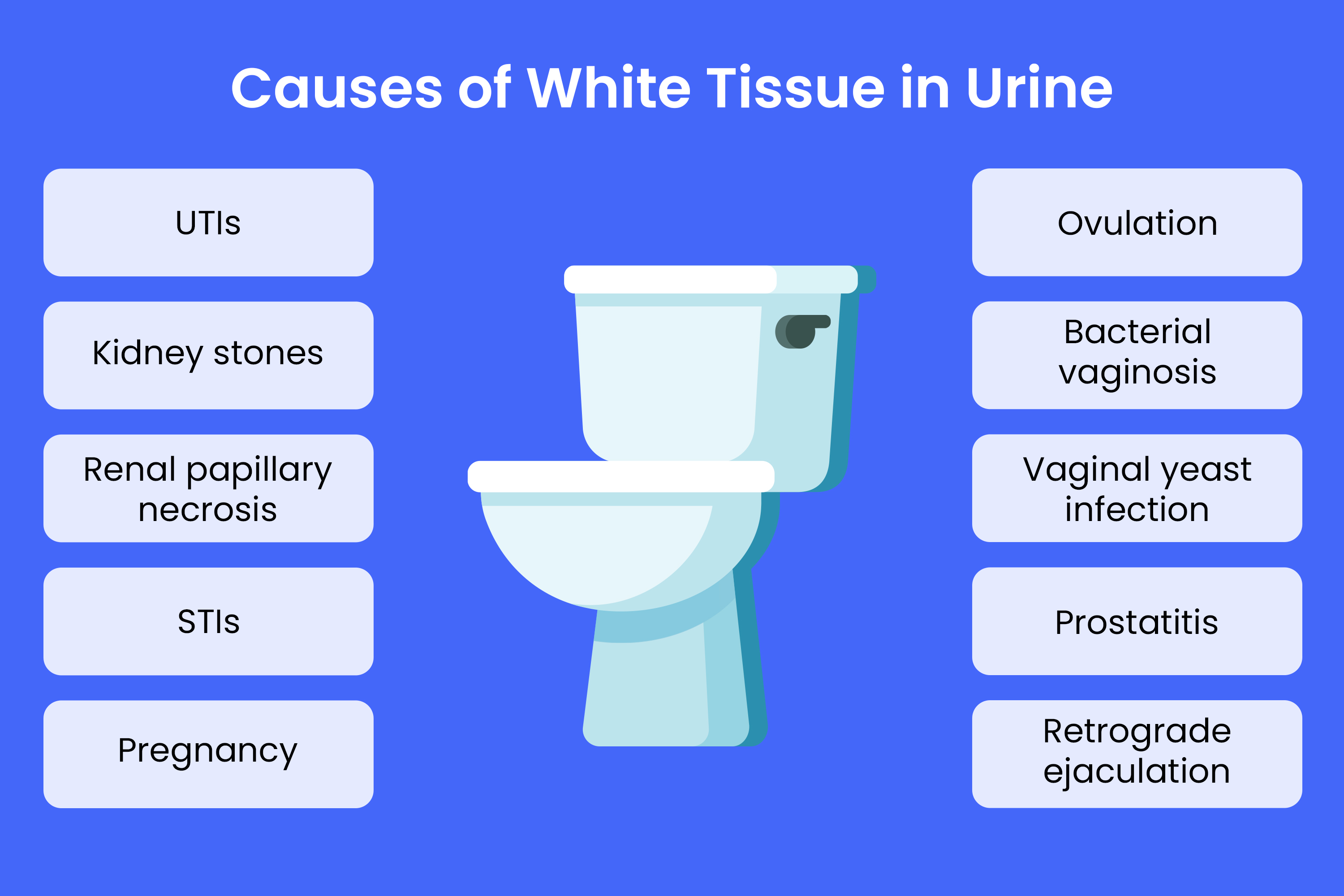Kidney Stones vs UTI: Recognizing the Overlapping Manifestations and Treatment Approaches
Kidney Stones vs UTI: Recognizing the Overlapping Manifestations and Treatment Approaches
Blog Article
Checking Out the Effects and Causes of Kidney Stones in Contrast to Urinary Tract Infections: A Comprehensive Guide
The expedition of kidney rocks and urinary tract infections (UTIs) discloses a complicated interaction of symptoms and underlying reasons that require mindful evaluation. What are the key distinctions in their symptoms, and exactly how might these inform therapy techniques?
Overview of Kidney Stones
Kidney stones, also known as kidney calculi, type when certain compounds in the urine crystallize and accumulation, resulting in the development of difficult deposits within the kidneys. These stones can differ in size, varying from a grain of sand to a golf sphere, and can be made up of different products, the most usual being calcium oxalate, uric acid, struvite, and cystine. The formation of kidney rocks is affected by a number of factors, including nutritional practices, liquid intake, and genetic proneness.
Symptoms of kidney rocks might include serious discomfort in the back or side, blood in the urine, queasiness, and frequent urination, specifically as the stone moves with the urinary system tract. Diagnosis typically includes imaging researches such as ultrasound or CT scans, alongside urinalysis to determine the rock's composition.
Treatment alternatives differ based upon the size and kind of rock, along with the severity of signs (Kidney Stones vs UTI). Little rocks might pass normally with enhanced liquid consumption, while bigger rocks might require medical interventions such as lithotripsy or surgical removal. Comprehending the pathophysiology and danger variables connected with kidney stones is vital for efficient avoidance and monitoring
Review of Urinary System System Infections
Urinary system system infections (UTIs) are usual microbial infections that influence any kind of component of the urinary system, consisting of the kidneys, ureters, bladder, and urethra. They mostly occur when microorganisms, often from the gastrointestinal system, go into the urinary system, leading to inflammation and infection. UTIs are classified right into 2 primary types: difficult and straightforward. Straightforward UTIs normally take place in healthy individuals with normal urinary system systems, while complex UTIs may emerge in people with underlying conditions, such as architectural problems or jeopardized immune systems.
The frequency of UTIs is significantly higher in females than guys, primarily as a result of anatomical distinctions, such as a shorter urethra. Risk aspects include sex, particular contraceptive methods, urinary system retention, and dehydration. The diagnosis of UTIs is generally validated through pee tests, which might reveal the existence of bacteria, leukocyte, or red cell.

Symptoms of Kidney Stones
The discomfort connected with kidney stones can materialize in numerous means, often leading individuals to seek medical interest. Among one of the most common symptoms is severe discomfort, usually localized in the reduced back or side, which might emit to the abdomen or groin. This pain, typically called sharp or cramping, can happen all of a sudden and might fluctuate in intensity.
In addition, individuals may experience hematuria, or blood in the pee, which can vary from tiny quantities to visible discoloration. This symptom might be come with by modifications in urinary system routines, go now such as enhanced frequency or urgency, as well as discomfort throughout peeing. Nausea and vomiting are additionally widespread, usually arising from the body's reaction to intense discomfort.
In many cases, individuals may experience high temperature and chills, specifically if a secondary infection establishes as a result of the blockage triggered by the rocks. In general, the mix of severe pain, hematuria, modified urinary system patterns, and intestinal symptoms can offer substantial insight into the existence of kidney rocks, requiring timely clinical evaluation and intervention. Comprehending these signs is crucial for timely medical diagnosis and reliable management of the problem.
Symptoms of Urinary Tract Infections
Infections within the urinary tract usually present a variety of unique signs that can dramatically influence daily life. The most common signs consist of a consistent desire to urinate, commonly come with by a burning experience throughout peeing, referred to as dysuria. Individuals may likewise experience enhanced frequency of urination, producing percentages of pee each time.
Various other remarkable signs and symptoms include foul-smelling or cloudy pee, which might suggest the presence of bacteria or pus. In some cases, pee might appear pink or red due to the visibility of blood, a problem called hematuria. Additionally, individuals might experience pelvic discomfort or stress, which can even more useful link worsen the sensation of necessity.
Systemic signs might also materialize, such as high temperature, chills, and fatigue, specifically if see post the infection has actually risen to the kidneys. It is important to identify these signs early, as unattended urinary system system infections can bring about more extreme problems. Kidney Stones vs UTI. Motivate clinical interest is encouraged when these symptoms are observed, enabling for proper diagnostic analysis and therapy to reduce pain and stop further health concerns
Root Causes Of Each Problem
Frequently, kidney rocks and urinary system infections develop from unique yet sometimes overlapping reasons that can affect people in different ways. Kidney rocks commonly create as a result of metabolic variables, dietary options, and hereditary predispositions. Increased levels of calcium, oxalate, or uric acid in the pee can result in stone development. Dehydration, not enough fluid consumption, and high-sodium diet plans can aggravate these conditions, advertising formation within the urinary system tract.

Recognizing these unique causes is essential for avoidance and treatment. Kidney Stones vs UTI. While way of living adjustments might mitigate the risk of kidney stones, proper hygiene and timely therapy of urinary system tract infections are vital for minimizing their reappearance and linked difficulties
Final Thought
In recap, kidney stones and urinary system infections present distinct symptoms and underlying causes. Kidney rocks are identified by extreme pain and metabolic aspects, while urinary system infections mainly include bacterial infections leading to urinary system necessity and pain.
The exploration of kidney rocks and urinary system infections (UTIs) exposes a complex interplay of signs and underlying reasons that require cautious examination.Urinary system infections (UTIs) are usual bacterial infections that influence any kind of part of the urinary system, consisting of the kidneys, ureters, bladder, and urethra.Often, kidney stones and urinary system system infections develop from distinctive yet often overlapping reasons that can affect people in different ways.In recap, kidney stones and urinary system system infections present distinctive signs and underlying reasons. Kidney stones are characterized by severe discomfort and metabolic variables, while urinary system infections mostly involve microbial infections leading to urinary system seriousness and discomfort.
Report this page